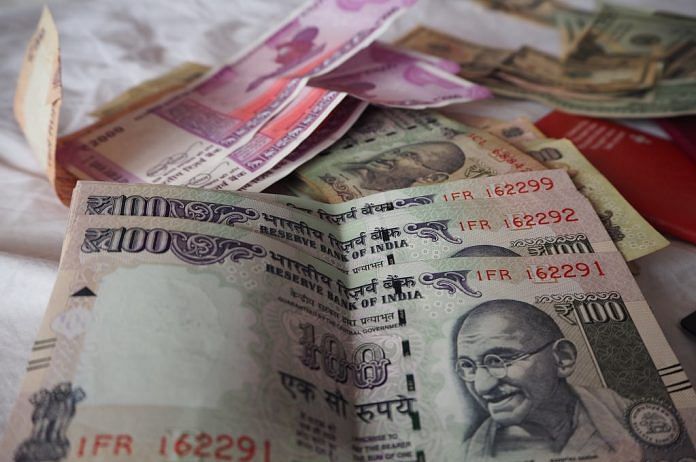Just before the Nirav Modi case, ex-RBI Governor Y.V. Reddy said Indian banking system is mainly owned by govt, followed by foreigners and least by Indians.
New Delhi: In the wake of the Rs 11,000-crore PNB fraud case, questions are being raised about how to manage state-owned banks. Moreover, there has been a call to reverse the nationalisation process and privatise the Indian banking sector.
However, the recent recapitalisation process undertaken by the government to infuse money into the sick public sector banks shows the government is in no mood for that.
Former RBI Governor Y.V. Reddy in a recent lecture at the Administrative Staff College of India has cautioned the presence of foreign investors in both public and private sector banks in India. He said that the current policy of ownership and governance in banking needs to be reviewed urgently to correct the outdated and distorted policies and this should be done before the banking system passes on to foreign owners.
Here is an excerpt from the speech:
The foreign banks account for relatively small part of the banking business in India. From regulators point of view, large presence of foreign banks, either as subsidiaries or as branches, poses problems of effectiveness. This is not an issue in India now.
What is the extent of foreign share-holding in Indian banking system? The foreign share-holding in the largest private sector banks is well over 70 per cent. In regard to public sector banks, the government and the LIC which is part of the public sector account for bulk of the ownership of the shareholding, and a major part of the rest is with foreigners. Thus, a major part of the private sector share-holding in our banking system is held by the foreigners.
In brief, we do not have one hundred per cent government owned banks. We have public sector banks, with a mixed ownership (public and private), and large private sector only with foreign share holding being part of private share-holding. Our banking system is predominantly owned by government, followed by foreigners and least by Indians. I repeat least by Indians. Share of public sector banking is and will come down, and under current policy, that space will be occupied irrevocably by foreigners owned banks unless there is a change in policy.
Indian incorporated but foreign owned banks are no substitute for Indian owned banks. With the widespread acceptance of proxy advisers by foreign institutional advisers, they operate in tandem. Hence, the diversified ownership as a buffer is a myth. The fit and proper ownership, and not extent of ownership, should be the criterion and it is time we have that in banking in India.
Banking is too important to allow foreign presence freely and WTO commitments of all countries are a testimony to this.
Most countries with large domestic economy have strong presence of domestically owned and managed banks. Why not India?
Indian’s profile has the best brains, and best technology for global banks; and it will be a tragedy if Indians cannot own and run our own banking system.
The current policy of ownership and governance in banking needs to be reviewed urgently to correct the outdated and distorted policies. This should be done before our banking system passes on to foreign owners, irrevocably.




The latest policy of our government under make in India upholds forign investment in India for which our prime minister Sri Narendra Modiji very widely traveled across the globe in last three years. The indigenous manufacturing of metro coaches by forign companies in India and exporting to forign countries definetly involves forign money in Indian banking system. As per this article how such involvement could be avoided. Today’s GDP is mainly depending on forign currency investment is it not?
Mr.Y.V.Reddy was Finance Secretary and RBI Governor.What did he do to stop dilution of Govt ownership in Nationalised Banks?
Are private Banks free of corruption?
How did many private Banks failed in the past?